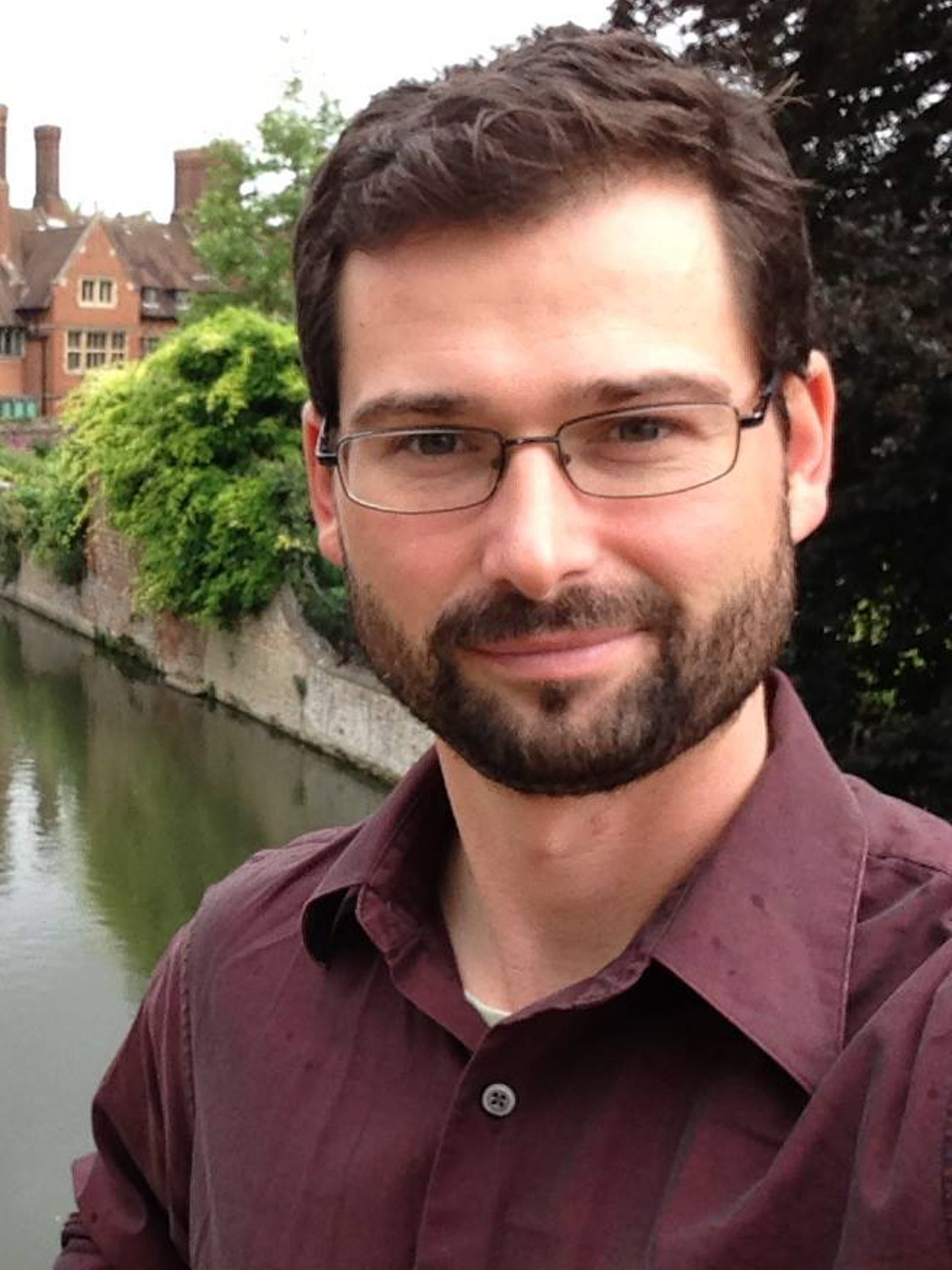Eric Michael Johnson
Education
Ph.D., University of British Columbia, 2018
Research
Research Interests
- Evolutionary history in a global context
- Science, social construction, and transnational political movements
- Victorian England, Europe, and Late Imperial Russia
Dissertation Title: The Struggle for Coexistence: Peter Kropotkin and the Political Ecology of Science in England, Europe, and Russia, 1859-1920.
My research focuses on the intersection between evolutionary biology and political behavior. Darwin’s 1859 theory of natural selection was infused with political meaning for both naturalists and political activists in the late nineteenth and early twentieth centuries. The industrial revolution and ascendancy of the laissez faire capitalist state upended the social structures that had existed for centuries resulting in vast inequalities and a growing class of urban poor. For the marginalized and oppressed in England, Europe, and Russia the science of evolution undermined the authority of church and state, revealing a natural world that was in constant flux as organisms adapted to a changing environment. The “great chain of being” that dictated a natural hierarchy of order was now destroyed and the future human ecosystem was within each individual’s ability to create. However, for those in positions of privilege, using biological theory as a basis to upend the existing social order was a dangerous development that had to be crushed. For them, evolution justified the status quo and promoted a competitive ethic of individual vs. individual and nation vs. nation with the most “fit” rising to the top of the hierarchy.
The evolution of cooperation became the intellectual battleground between these conflicting political forces that was best articulated by the Russian naturalist and anarchist Peter Kropotkin in his Darwinian theory of mutual aid. Following Kropotkin’s journey from prince and celebrated naturalist to dangerous radical on the run across Europe, my project is a transnational history that details how popular social movements led to a political conflict over who would control Darwin’s ideas. The nineteenth century emphasis on Darwinian competition, rather than cooperation, was the outcome of a political struggle and not, as has largely been assumed by critics of the theory, an inherent feature of natural selection. My study connects modern approaches in the history of science with the growing literature on the history of social movements and combines their methodologies to address key issues about the social fabric within which scientific ideas are generated.
Publications
Reviews
Conference Presentations
| , “Was the Russian Famine of 1891 a Malthusian Crisis?”, in Biennial Conference of the European Society for Environmental History, Munich, Germany, 2013. |
| , “A Historical Epistemology of Empathy from Darwin to De Waal”, in Quadrennial International Congress of History of Science, Technology, and Medicine: , Manchester, England, 2013. |
| , “An Ethnography of Mutual Aid”, in Annual Meeting of the Canadian Society for the History and Philosophy of Science, Victoria, Canada, 2013. |
| , “Mutual Aid, Nomogenesis, and Convergent Evolution in Soviet Biology”, in Association for Slavic, East European, and Eurasian Studies Annual Convention, 2012. |
| , “The Paris Commune and the Struggle for Darwinism”, in European Society for the History of Science Annual Congress, 2012. |
| , “Baltic Germans and the Construction of Evolutionary Theory in Russia”, in Biannual Meeting of the Baltic Association of the History and Philosophy of Science, Vilnius, Lithuania, 2012. |
| , “Demographics, Entitlements and Inequality in the Russian famine of 1891”, in Annual Meeting of the American Association for the Advancement of Science, 2011. |
| , “Heart of the Commonwealth: The Impact of William Harvey’s Medical Science on the Philosophy of Thomas Hobbes”, in VISU History & Philosophy of the Biomedical Sciences, 2008. |
Additional
| , “Fire Over Ahwahnee: John Muir and the Decline of Yosemite”, 2014. . |
| , “Promiscuity is Pragmatic: Why women and other female primates seek out multiple partners”, 2013. . |
| , “Comment: Human-specific loss of regulatory DNA and the evolution of human-specific traits ”. 2011. |
Awards
- 3QD Prize for Science, 2014
- Winning Poster: AAAS Social Sciences – Johnson, E.M. “Demographics, Entitlements, and Inequality in the Russian famine of 1891,” Annual Meeting of the American Association for the Advancement of Science, Feb. 2011.
- AAAS Philip Morrison Fellowship, 2011.
- Four Year Doctoral Fellowship – University of British Columbia, 2010-2014.
- Vienna International Summer University Fellowship, 2008.
- Graduate Research Fellowship – Duke University, 2007-08.
- Duke Biology Graduate Student Symposium Research Award, 2007.
- National Science Foundation Graduate Research Fellowship – Honorable Mention, 2005-06.
- Graduate Research Fellowship – Washington State University, 2006-07.
